Seeing babies become weak and tired due to loose motions is distressing for parents. Diarrhoea is a common health concern in children below five years of age in India. Babies between six and 24 months of age are the most vulnerable to this disease.
Let us understand how to effectively manage loose motions and dehydration due to diarrhoea in babies.
What are the common causes of diarrhoea in babies?
Baby diarrhoea is commonly caused by:- Microbial infection due to virus, bacteria, or parasites
- Lactose intolerance
- Medical conditions such as celiac disease
- Food allergies
What are the symptoms of diarrhoea in babies?
The World Health Organization (WHO) defines diarrhoea as the passage of three or more loose or liquid stools per day. However, if your baby is passing formed stools frequently or a breastfed baby passes loose, pasty stools, it is not diarrhoea. On average, a child below five years has two to three episodes of diarrhoea during a year. While viral diarrhoea may occur during cooler months, bacterial diarrhoea occurs mostly in the warm season.Your baby may have the following symptoms in addition to loose motions that last for three to five days:
- Stomach cramps
- Fever
- Loss of appetite
- Nausea and vomiting
- Dehydration
- Weight loss
If diarrhoea persists for more than 14 days, doctors refer to it as chronic diarrhoea.
How can I manage my baby’s diarrhoea?
The government of India guidelines recommends energy-rich feeds in addition to breastfeeding infants who have diarrhoea. You may manage the symptoms of diarrhoea in the following manner:- Oral rehydration solution (ORS): It is the first-line treatment for diarrhoea. Low osmolarity ORS prevents dehydration by replenishing the water and electrolytes.
- Zinc: Zinc supplements prescribed for 14 days help restore the excessive loss of essential nutrients and reduce the severity and duration of diarrhoea and the recurrence of episodes.
- Diet: While you should continue to breastfeed your infant, babies above six months may be given well-cooked and mashed vegetables, cereals, coconut water, bananas, and yoghurt.
- Antibiotics: The WHO recommends using antibiotics only if your baby passes blood with stools.
- Immunization: You may vaccinate your baby against some viral infections like diarrhoea caused by rotavirus.
- Fluids and hydration: Hydration is very important for babies with diarrhoea as they lose a lot of body water through stools. Other than ORS, other rehydration solutions like buttermilk, dal water, rice water, coconut water, salted lassi or lemon water can be used as per your baby’s liking. Feeding water in large amounts can help. After every stool, give 50 to 100 ml fluids to babies up to two years of age.
What are the preventive measures for diarrhoea?
Unhygienic conditions, contaminated water, and poor sanitation may cause diarrhoea. You may practice the following preventive measures for diarrhoea:- Wash hands with soap and water
- Use clean and safe methods to cook and store your food
- Use a toilet for defecation
- Use clean water
What foods should be avoided if my baby has diarrhoea?
Avoiding the following foods can help control diarrhoea:- Greasy (or fried) or packaged food.
- Food that causes gas.
- Milk.
- Fruit juices and caffeine-containing and carbonated drinks.
- Contaminated food and water.
When should I call a doctor if my baby has diarrhoea?
You should take your little one to the doctor if they show these severe symptoms of baby diarrhoea with the following symptoms:- High fever above 101.5°F
- Blood in stool
- Symptoms of dehydration such as thirst, decreased urination, and lethargy
- Failure to eat or drink
Follow cleanliness and good sanitation to keep your baby safe from diarrhoea. Replenish them with electrolytes and water in case of baby diarrhoea. Typically, your little one will feel better in three to four days. See a doctor if symptoms are severe.




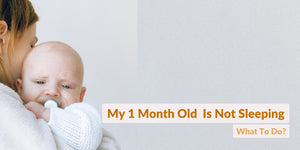

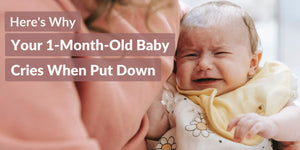
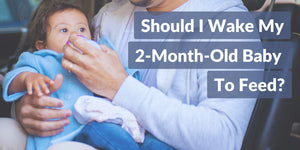
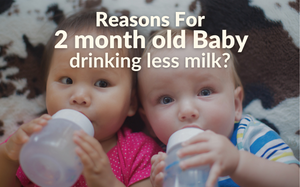
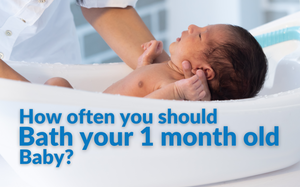

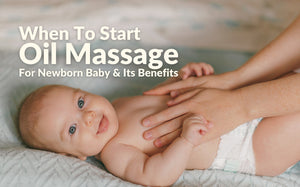

LEAVE A COMMENT